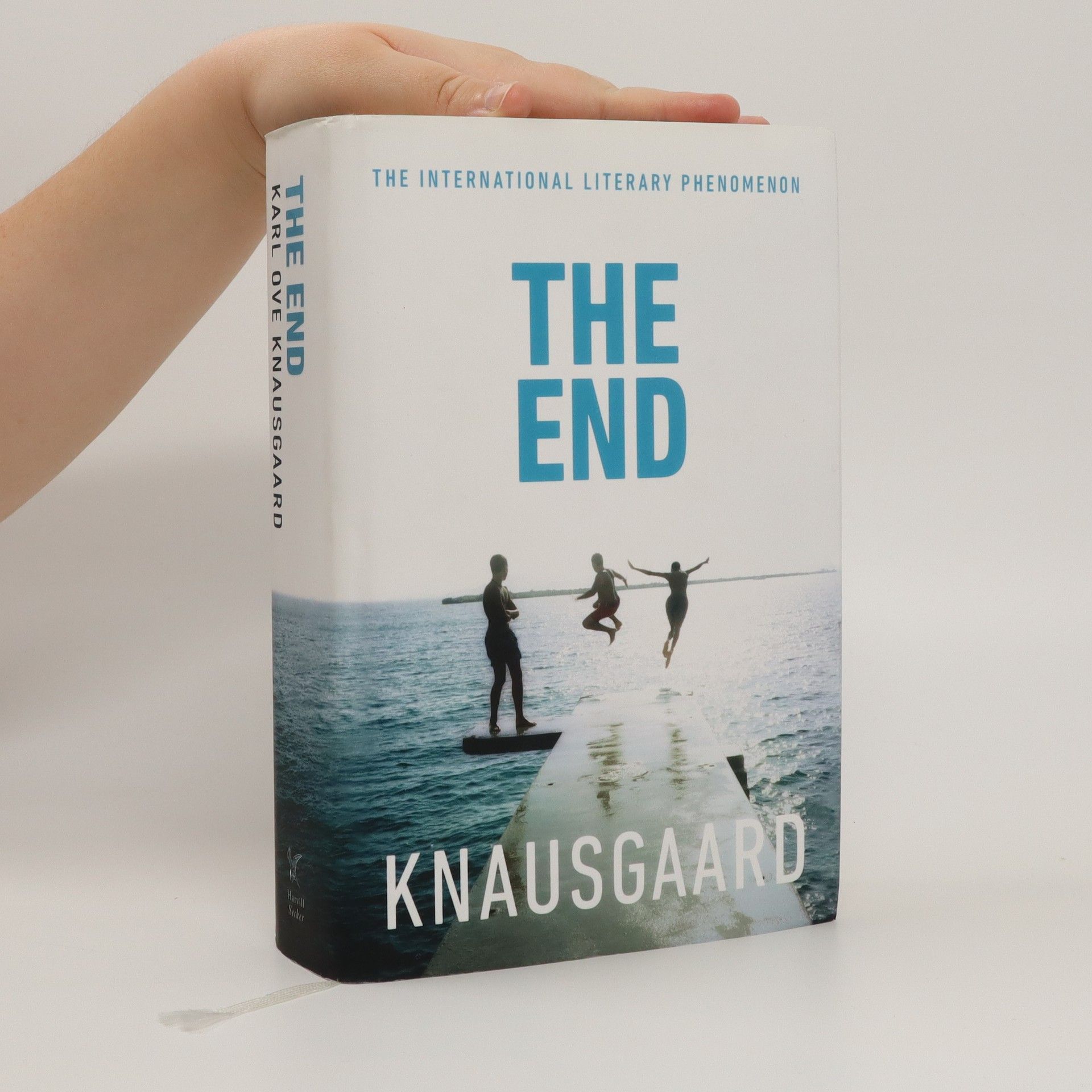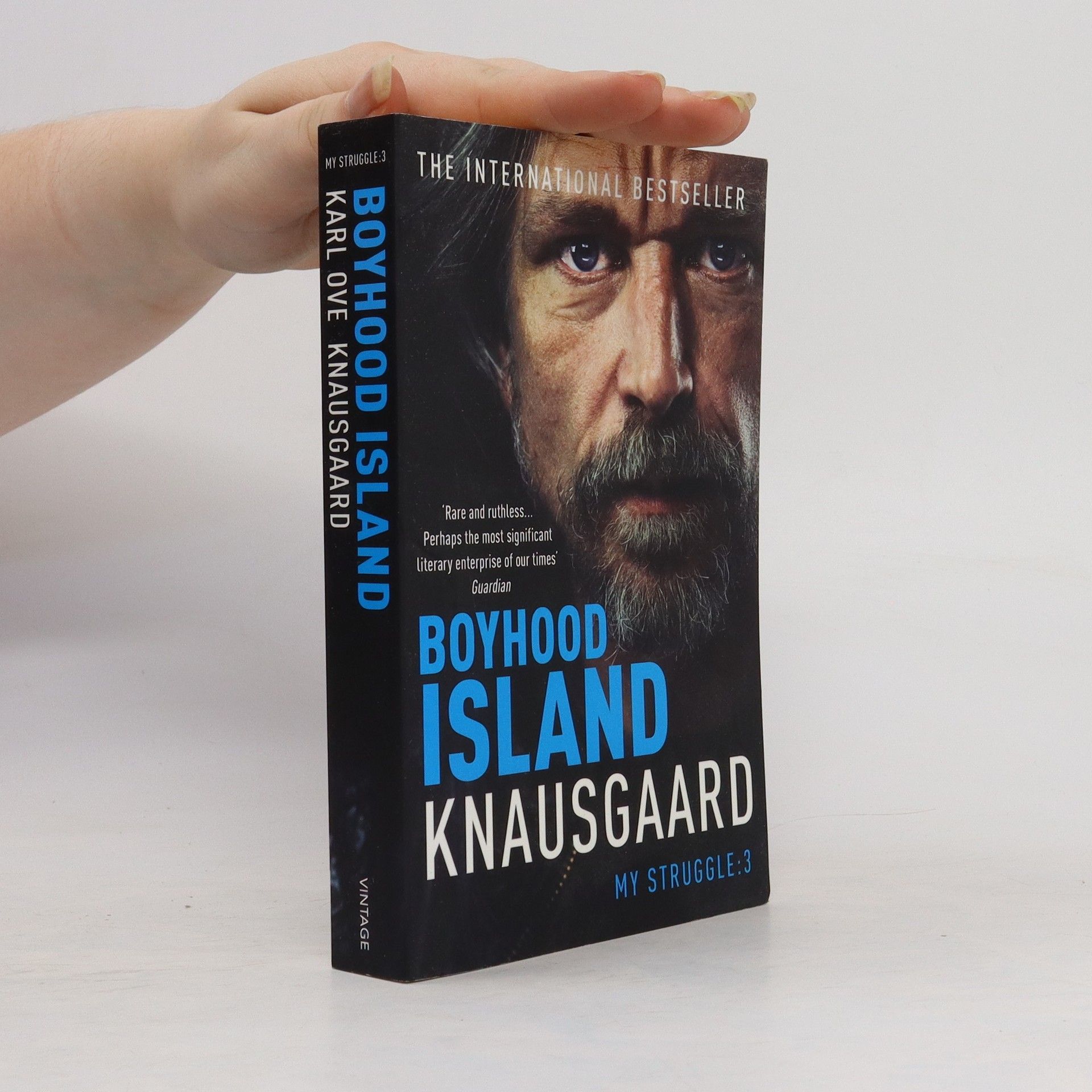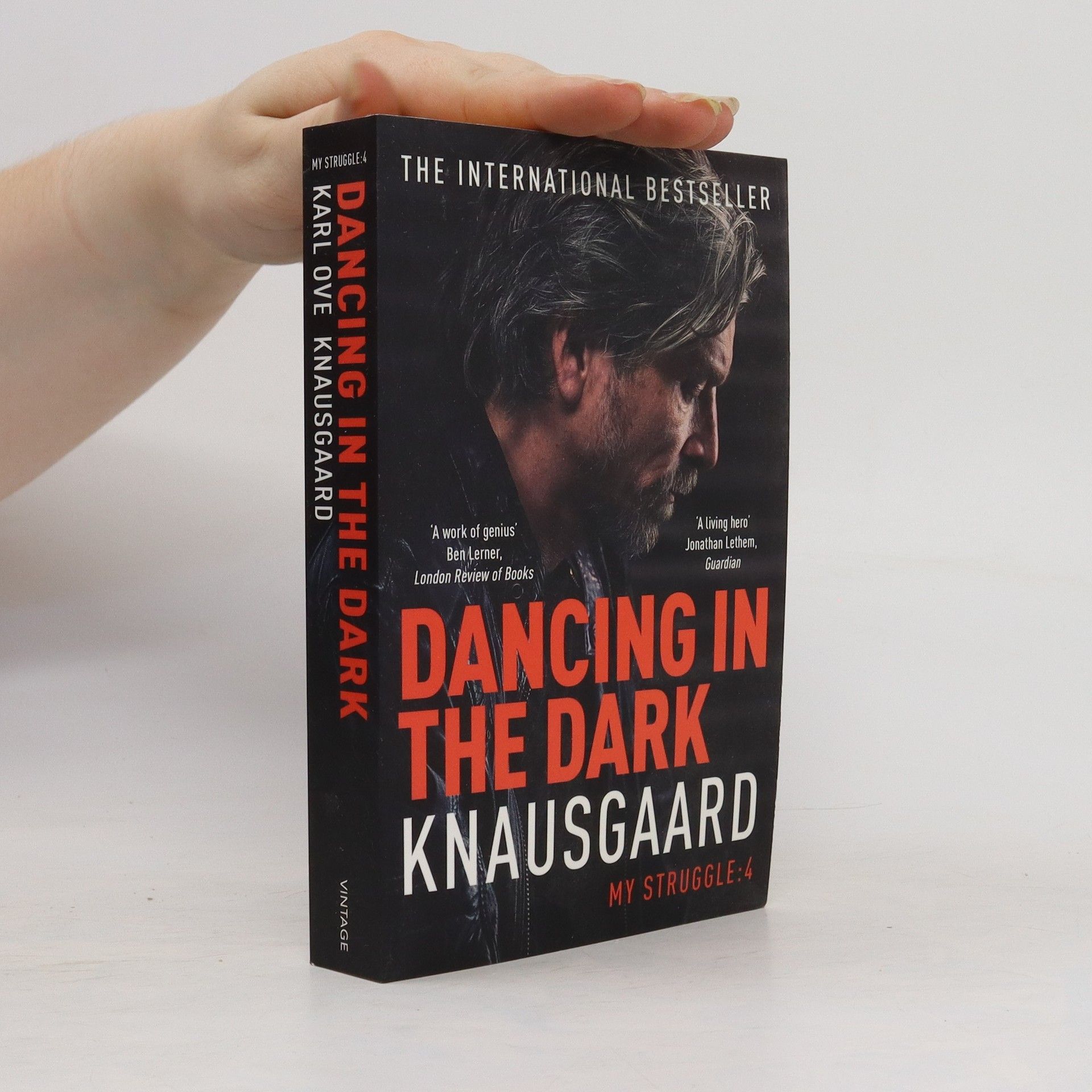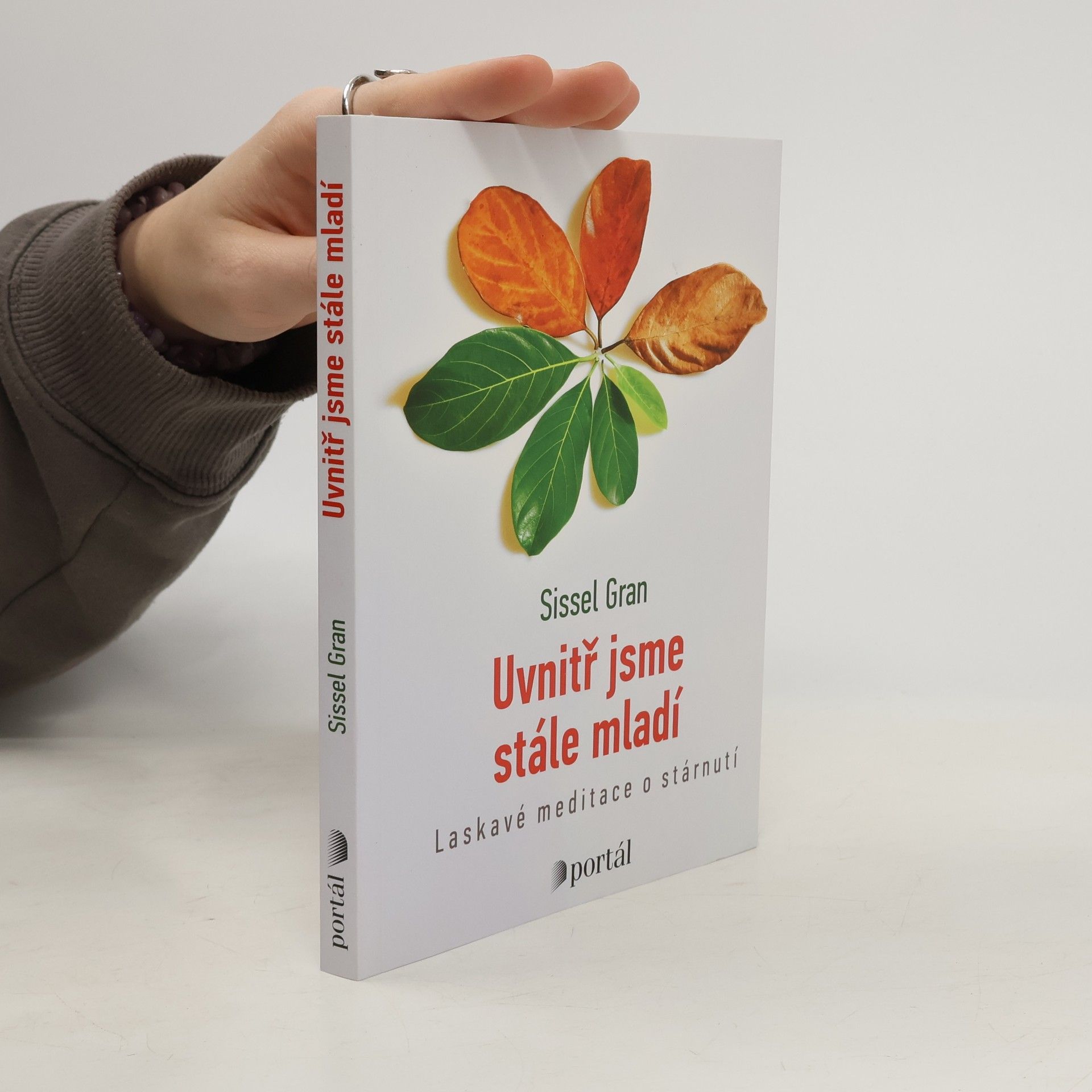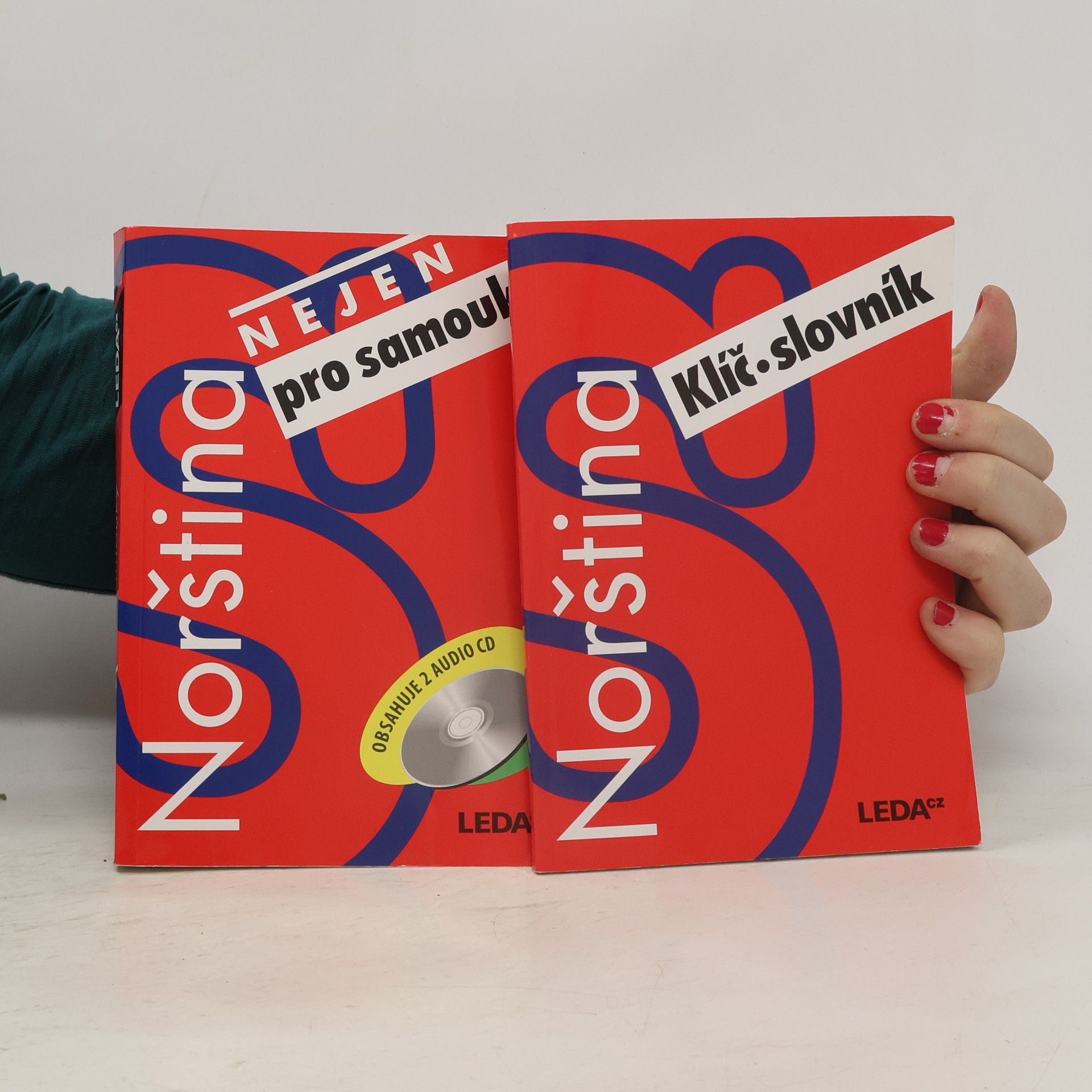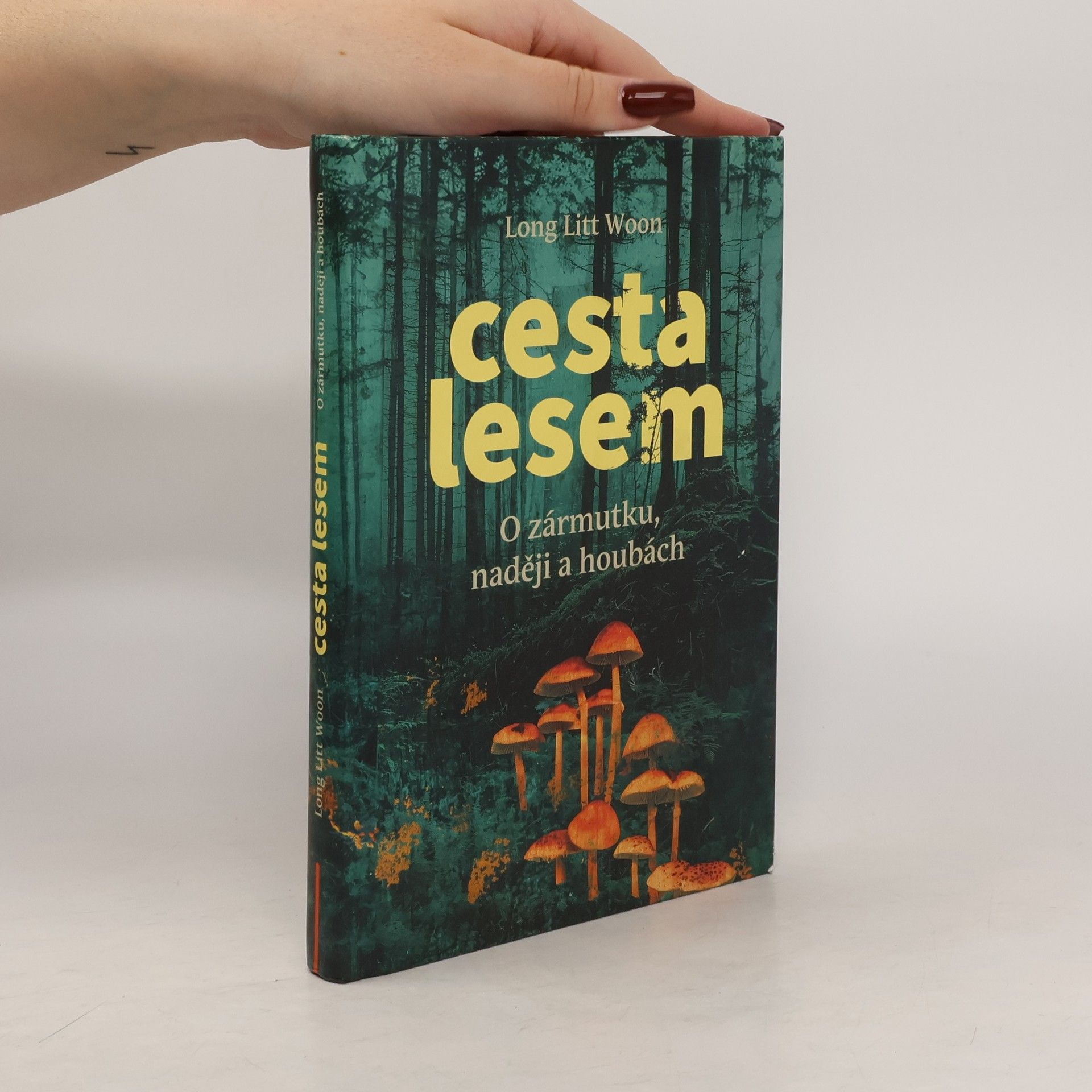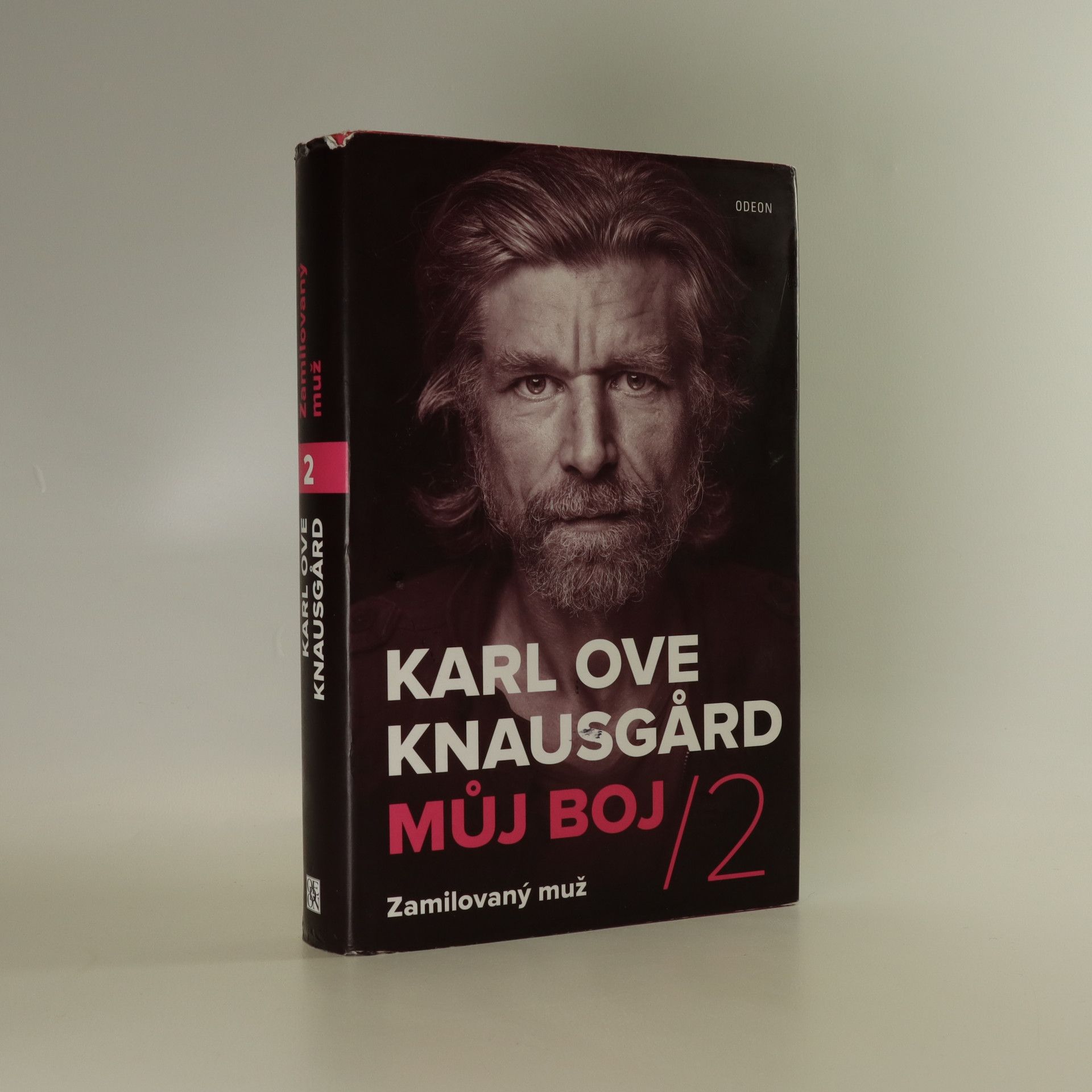Norština nejen pro samouky. Učebnice + Klíč, slovník
- 2volumi
- 408pagine
- 15 ore di lettura
Základní učebnice norštiny určená všem, kteří se chtějí naučit norsky (bokmål) především samostudiem, ale může sloužit i pro jazykové kursy. V jednotlivých lekcích učebnice je zařazen úvodní článek, slovíčka, oddíl frází a předložkových vazeb, reálie, oddíl mluvnice, cvičení na výslovnost, poslechová cvičení a velké množství cvičení na mluvnické jevy a slovní zásobu. Některé lekce uzavírají dodatkové texty, při jejichž četbě si uživatel...
